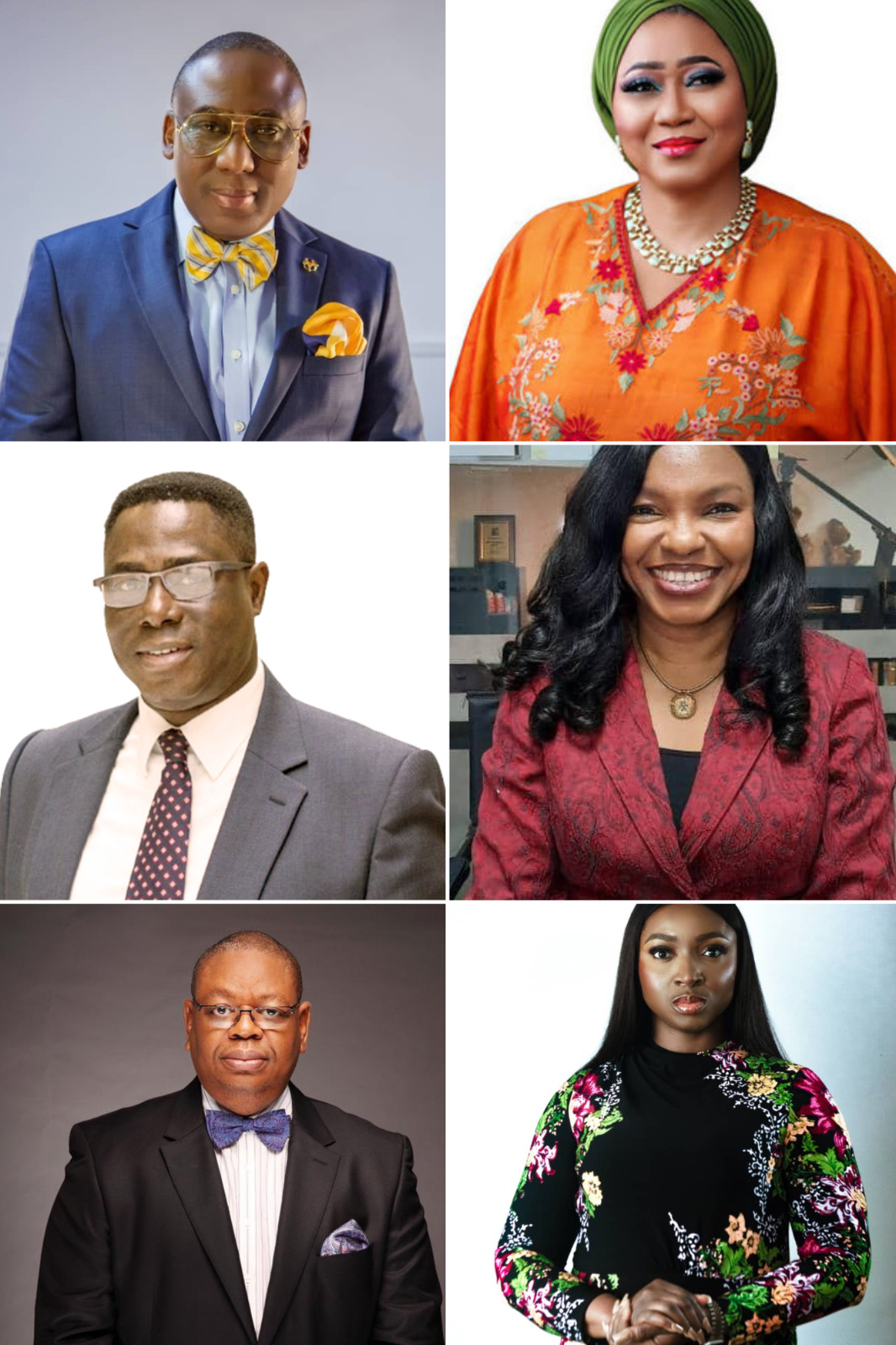By Felicia Nwosu
Influencer marketing is rapidly evolving as a core strategy in various sectors, becoming an increasingly influential tool for brands seeking to engage with consumers. According to projections, the global influencer advertising market is poised for significant growth, forecasted to reach $56.28 billion by 2029, expanding at a compound annual growth rate (CAGR) of 9.91%. In 2024, ad spending is expected to total $35.09 billion, with China leading at $19.16 billion. This surge is driven by platforms like TikTok and Instagram, where consumer trust in influencer content continues to rise.
Despite growing enthusiasm, a recent Reddit study highlights the mounting skepticism around influencer recommendations, particularly among U.S. Gen Z social-media users. The study reveals that younger generations are less inclined to trust influencers, forecasting a significant shift in consumer behavior over the next five years.
While the effectiveness of influencer marketing remains strong, the study emphasizes a growing need for brands to address this skepticism. One in four posts on Reddit are recommendations, yet many consumers are beginning to question the authenticity of these endorsements due to the rise of artificial intelligence-driven recommendations, fake reviews, and sponsored listings. Around 40% of social media users now find these channels unsafe and untrustworthy, presenting a challenge for marketers who must adapt to the evolving landscape.
Dr. Rotimi Olaniyan, Programme Director for the MSc Digital Marketing and Data Analytics at Nottingham Business School, UK, provided his insights on the role of influencer marketing in modern branding. He emphasized the effectiveness of influencer marketing in customer acquisition, noting that while it cannot solve all marketing challenges, it can yield substantial impact when strategically deployed.
However, Dr. Olaniyan cautioned that influencer marketing is less suited for brand retention, advising that its true value lies in positioning brands within cultural conversations, particularly for customer acquisition.
Dr. Tunji Olugbodi, Executive Vice Chairman and Group CEO of Verdant Zeal Group, raised concerns regarding the overreliance on influencers within the fast-moving consumer goods (FMCG) sector. While acknowledging their role in driving short-term sales, he warned that influencer marketing often lacks the deeper consumer connection necessary for fostering long-term loyalty.
Dr. Olugbodi critiqued the transactional nature of influencer partnerships, which rely heavily on leveraging the popularity of figures rather than cultivating genuine belief in the products. He also highlighted the drawbacks of in-house teams, which may struggle to bring fresh ideas to influencer-driven campaigns, and stressed that brand loyalty cannot be achieved through influencer marketing alone.
Yomi Badejo-Okusanya, Lead Partner of CMC Connect LLP (Perception Consulting), addressed the shifting dynamics within public relations (PR) as influencer marketing becomes more prominent. He observed that influencers are increasingly encroaching on PR’s traditional role in strategic communication. While recognizing influencers as valuable tools for amplifying brand messages, he emphasized that PR’s broader, long-term strategy focused on relationship building, reputation management, and consistent storytelling should not be replaced by influencer-led campaigns.
Badejo-Okusanya pointed out that influencers, typically compensated upfront, lack the strategic input and long-term commitment that PR professionals offer. He further noted the growing importance of authentic and relatable content, especially for younger audiences, and urged PR professionals to embrace technology and data to stay relevant in this evolving landscape.
Nkechi Ali-Balogun, Principal Consultant at NECCI Consulting, highlighted the need for brands to rethink their approach to influencer marketing, especially in Nigeria. She stressed the importance of selecting influencers whose personal image aligns with the values of the product being endorsed, as this ensures greater authenticity. Ali-Balogun also warned against the widespread tendency to prioritize high-profile influencers without considering their relevance to the product, pointing out that a lack of knowledge about the products being promoted can undermine the credibility of campaigns.
Mrs. Toyin Nnodi, Marketing Director at Chivita|Hollandia, underscored the growing role of influencers in brand strategies, particularly in the digital space. Nnodi noted that influencer marketing has become a vital tool for brands, not only online but also offline, as companies like Chivita are creating integrated campaigns that bridge the gap between digital and traditional marketing. She emphasized the importance of defining clear goals and metrics to ensure that influencer marketing efforts are aligned with business objectives. Nnodi is optimistic about the future of influencer marketing, seeing it as a powerful means of connecting brands with consumers in more authentic ways.
Morolake Emokpaire, Head of Marketing at Mondelez International for Nigeria and Ghana, discussed the challenges of executing effective influencer marketing strategies. She pointed out the need for careful planning and alignment between the influencer’s authenticity and the brand’s message. Emokpaire also highlighted the importance of long-term relationships with influencers, cautioning that a one-off campaign is insufficient for creating lasting brand impact. She recommended combining both macro and micro-influencers to build a more comprehensive marketing strategy that reaches a broader range of consumers.
Conclusively, these industry experts agree that while influencer marketing holds significant potential across sectors, brands must adopt a more strategic, research-driven approach to maximize its impact. They averred that authenticity, long-term engagement, and brand-influencer compatibility are key to navigating the growing challenges and ensuring that influencer marketing remains a powerful tool for both customer acquisition and sustained brand growth.






Comment
No comments found.